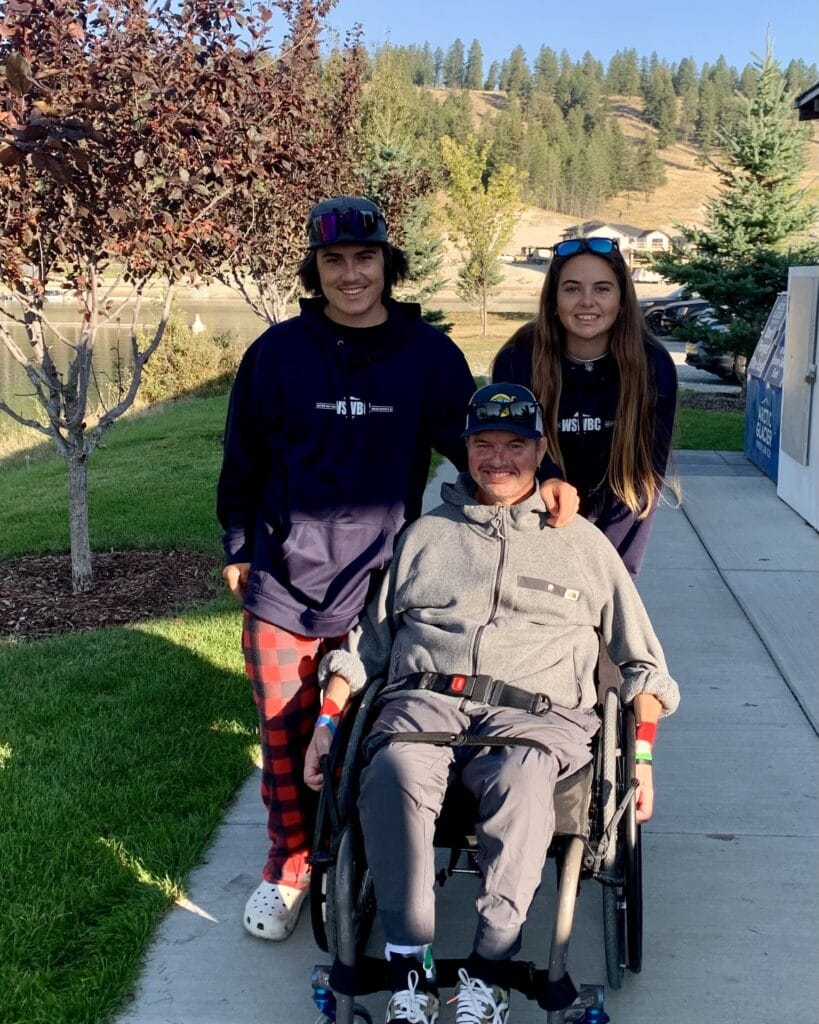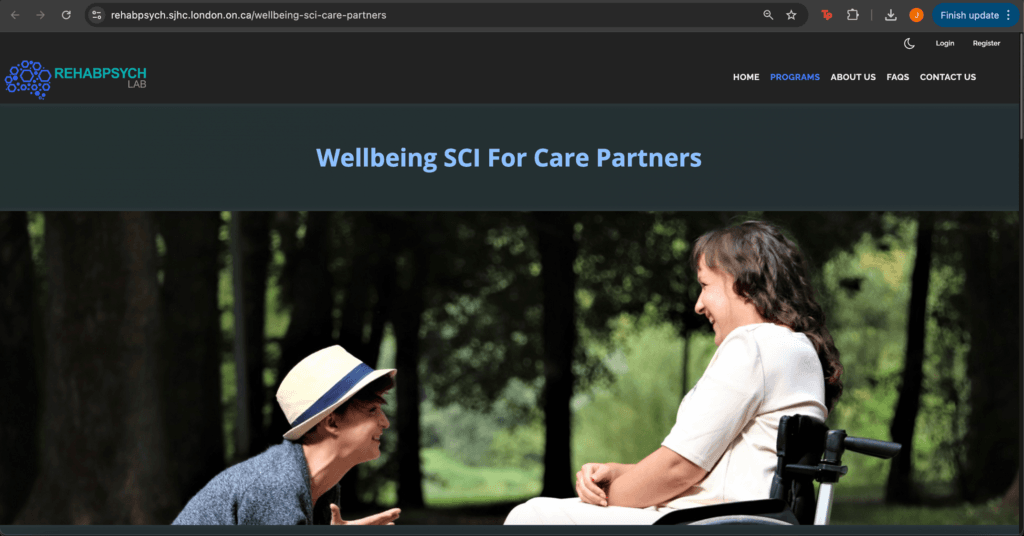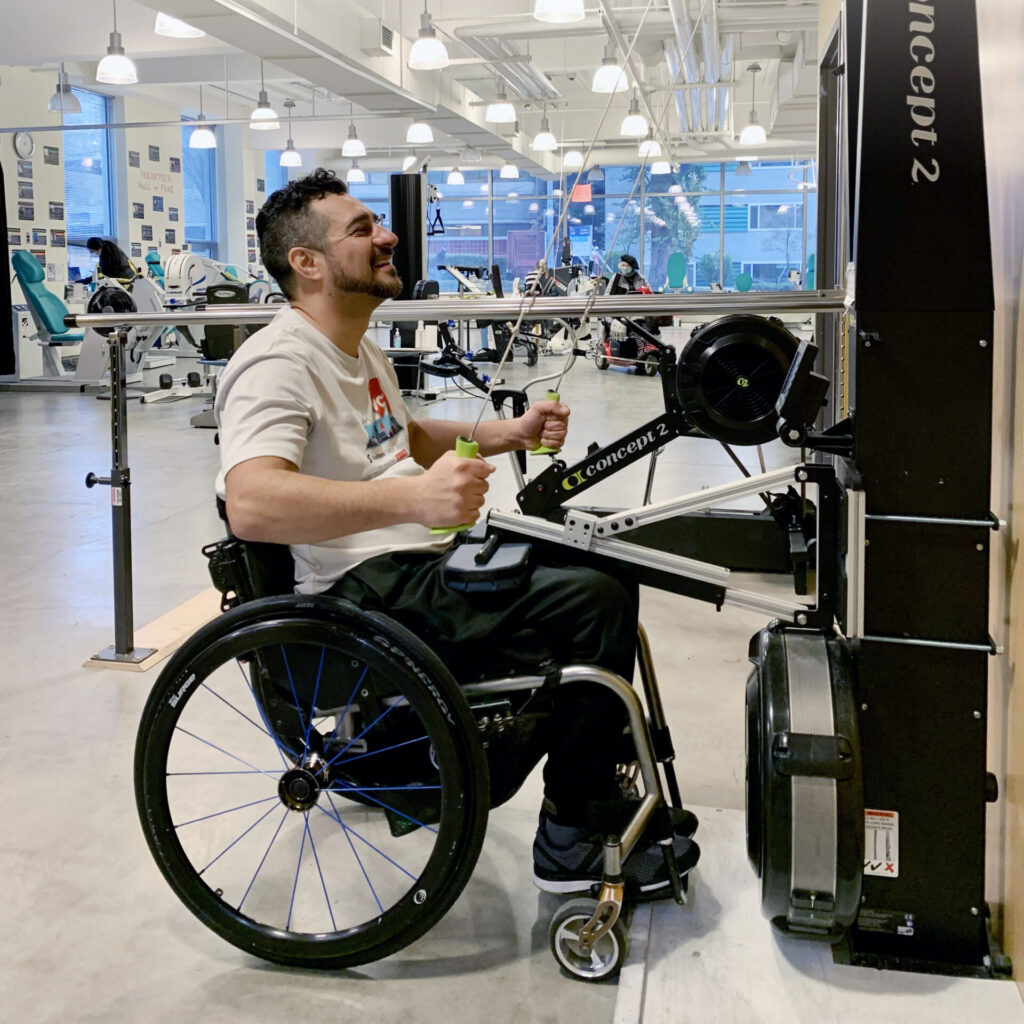The Coach Approach

Peer support isn’t new, but what if it could do more? Combining lived experience and research-backed training and tools, peer health coaching helps people with SCI live better. And this is your chance to get involved.
Caring For Our SCI Care Partners Through Online-based Wellbeing Program

Researchers from the RehabPsych Lab launching an internet-delivered cognitive behavioral therapy to improve mental health and quality of life for SCI care partners. Learn how you can get involved and contribute to better care.
Breastfeeding Basics

New clinical practice guidelines and a consumer guide for mothers offer evidence-based recommendations for breastfeeding after SCI.
Better Bladder Care

An international team of multidisciplinary experts and disability organizations are advocating for universal access to single use catheters for bladder management.
The Weakest Link

Recent research from the University of Pittsburgh confirms that casters are the most vulnerable components of your wheelchair.
Step Together

A mobile app developed by researchers at UBC Okanagan is helping people with SCI who walk get active.
Insights from ISCoS: What We Learned at the International Spinal Cord Society’s 63rd Annual Scientific Meeting

What’s next for SCI research and care? Teri Thorson, SCI BC’s Manager of Peer Coaching and Outreach attended the International Spinal Cord Society (ISCoS)’s 63rd Annual Scientific Meeting to find out.
Switch It Up!

Tired of the same old exercise routine? A team of ICORD researchers has been working overtime to move the revolutionary aROW and aSKI cardio exercisers out of the lab and into our communities and homes.
Get Your Mojo On

A recently-published systematic review suggests that, when combined with exercise, testosterone therapy offers a safe and effective way for men with SCI to boost their vitality—and get some significant health benefits in the process.
The Fine Print

Just like SCI stem cell research a few years ago, there’s a lot of hype surrounding neurostimulation. Now there’s some concern that the complete story isn’t being told—particularly when it comes to the online description and promotion of epidural spinal cord stimulation.
Matters of the Heart

A new study is underway to find out if there are differences between the male and female heart after spinal cord injury.
Conceiving A New Treatment For Male SCI Infertility

A new clinical trial is examining the use of an inexpensive oral medication to treat an infertility issue experienced by most men with SCI.